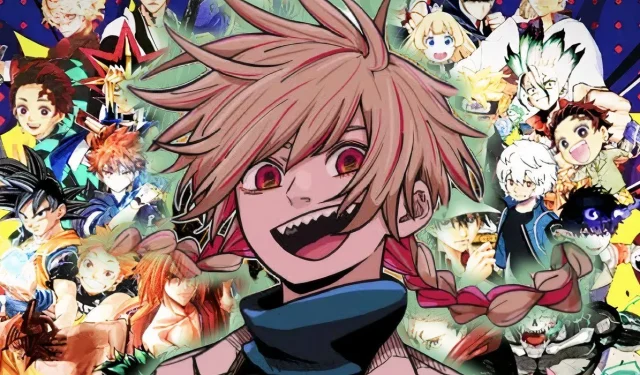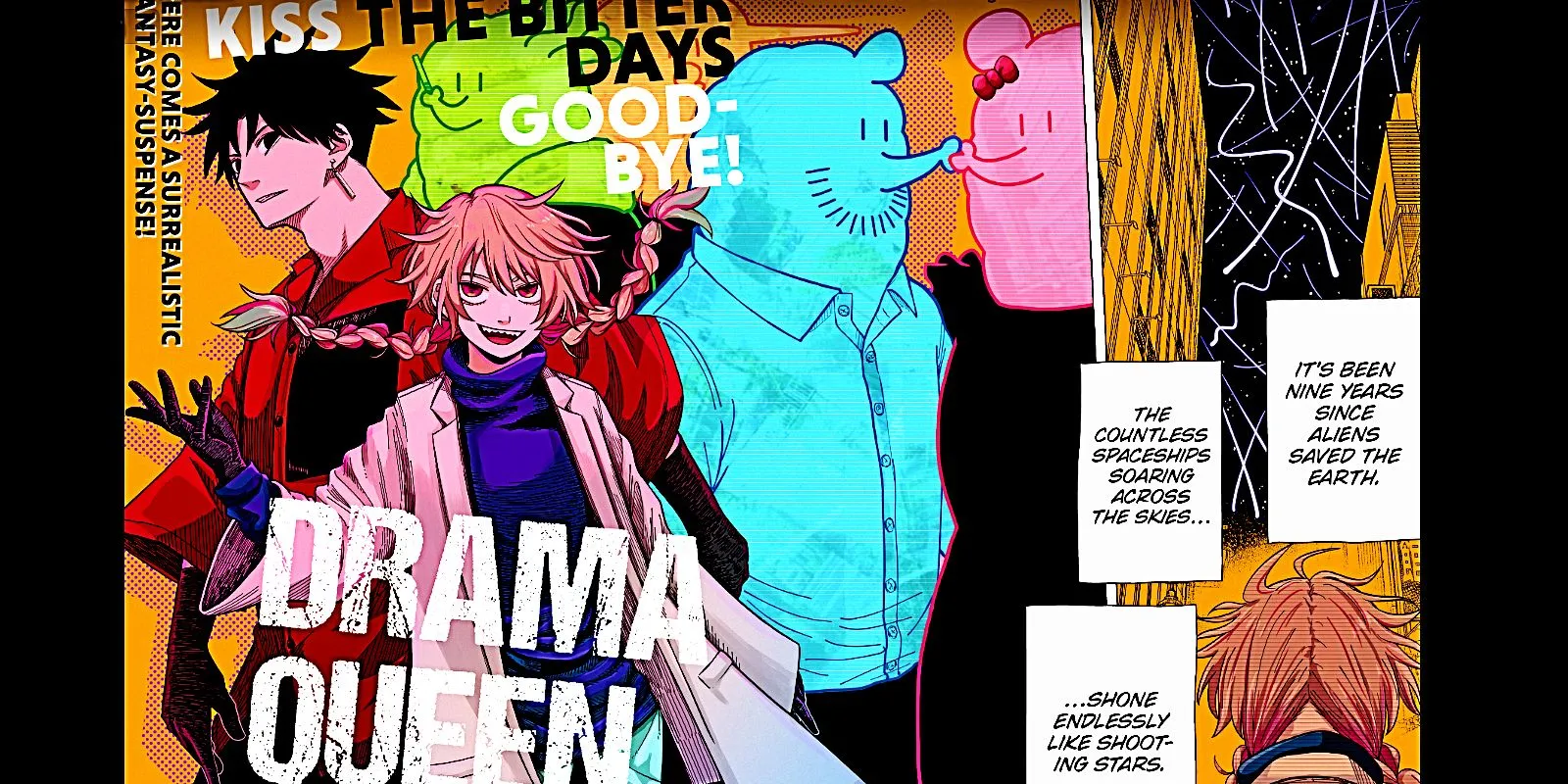
The latest sensation from Shonen Jump, Drama Queen, has reignited discussions within the manga community, particularly after alterations were made to the English version of its first chapter. Debuting in December 2024, Kuraku Ichikawa’s series quickly polarized opinions due to accusations of racism and xenophobia embedded within its narrative.
This week, the spotlight returned to Drama Queen when fans observed that a specific panel from the English translation was modified, seemingly to censor a joke by the lead character. This change was perceived as a potential affront to the LGBTQ+ community.
Censorship Controversy: Translation or Misunderstanding?
Misinterpretation of a Japanese Term
Regarding Drama Queen translation adjustment for the word "partner": there is no censorship; the term used in the Japanese version is "甸ā–¹" which translates to partner however it has not the same meaning as when the word partner used in English and nothing to do with inclusive… https://t.co/oM8uayXSzV — Manga Mogura RE (Anime & Manga News) (@MangaMoguraRE) December 16, 2024
A deeper look, as shared by @MangaMoguraRE and others on social media platform X, suggests that in the first chapter, the protagonist Nomamoto gripes about aliens who have settled on Earth. In her rant, she likens them to certain people she dislikes, including “women who call their boyfriends their ‘partner’.”Initially, this remark sparked reactions claiming it to be an insult towards LGBTQ+ individuals, particularly in how the term “partner”is interpreted in Japanese culture as “相方”(aikata).
Just seeing some complaining about the Drama Queen manga again. Some suggest that the main character’s statement of hating the gender-neutral term “partner” or “甸ā–¹” as anti-LGBTQ. #ドラãƒ\u017eクイン #DramaQueen pic.twitter.com/UEhXrqvtr5 — Jayce (@stuckathome711) December 13, 2024
Shortly thereafter, fans were surprised to find that the English translation adjusted Nomamoto’s remark to: “I hate women who use pet names for their boyfriends.”The alteration led many to conclude that it might be a reaction to online criticism, raising significant concerns regarding censorship.
However, as Manga Mogura and other fluent Japanese speakers highlighted, the term “相方”does not correspond directly to its English equivalent. Notably, it lacks any connotation regarding inclusivity. Instead, it reflects a casual reference used by some younger Japanese individuals to describe a romantic partner without labeling them as a boyfriend or girlfriend.
This suggests the changes to the translation were not necessarily about censorship, but rather an attempt to more accurately convey the original sentiment. Yet, the decision to avoid potentially offensive interpretations can also be perceived as a form of censorship. Curiously, other segments of the manga remained untouched within the translation.
Cultural Misunderstandings Among Western Fans

The question of censorship in manga and literature is a critical issue. The motivations behind this particular alteration raise eyebrows, particularly as it underscores a persistent challenge: Western audiences often misinterpret or impose alien cultural standards onto works rooted in Japanese tradition. This misalignment risks distorting the original intentions of creators and may ultimately lead to unnecessary censorship.
For instance, older fans may recall when early anime localizations, such as “Sailor Moon,”swapped ramen for spaghetti—a change perceived as more ludicrous than harmful. In contrast, Drama Queen’s situation serves as a sobering reminder of the complexities inherent in translating cultural products. Although manga and anime enjoy wide global popularity, it’s essential to remember they remain deeply embedded within Japanese culture.
As the narrative of Drama Queen unfolds, involving a pair of misfits navigating battles against aliens often paralleled with immigrant experiences, it seems poised to continuously spark discourse. Until an official statement regarding the translation alterations is provided, the shadow of censorship looms large over this intriguing series.




Leave a Reply